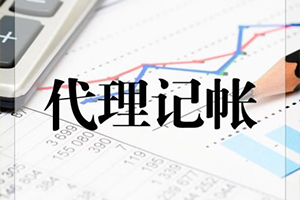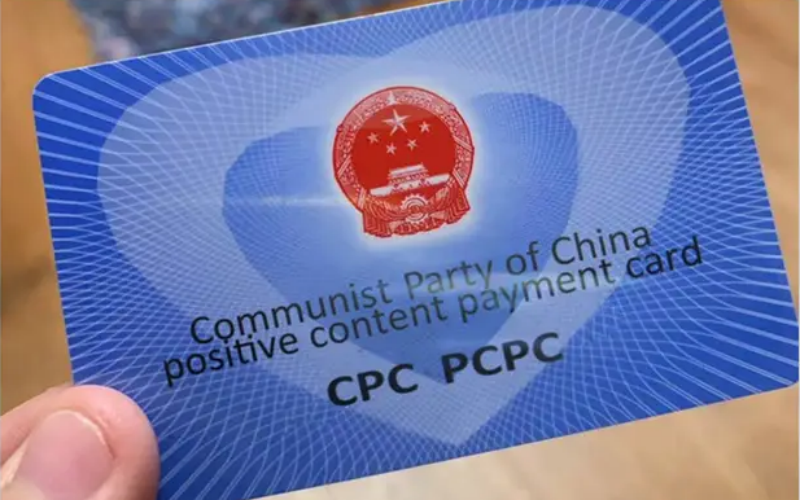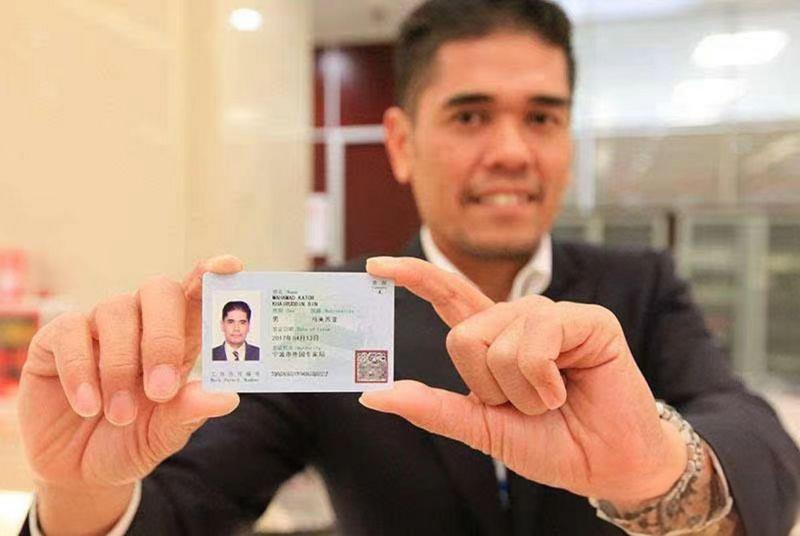What is VAT?
VAT refers to Value-Added Tax.
A value-added tax (VAT) is a consumption tax placed on a product whenever value is added at each stage of the supply chain, from production to the point of sale. The amount of VAT that the user pays is on the cost of the product, less any of the costs of materials used in the product that have already been taxed.
More than 160 countries around the world use value-added taxation, according to Investopedia
Too hard to understand? No worries. Here’s the easier version.
Generally, the VAT is the tax to pay for most sales and labour that brings you more money. For example, you sold a watch with a price of 16,000 CNY/RMB. And you earned 6,000 CNY/RMB, as you paid 10,000 to get it. Then, you are going to pay for a VAT based on the profit of 6,000 CNY/RMB.
Wondering what the tax rate is? We’re going to talk about it later in this article. And the specific VAT tax rate varies from one industry to another. So, keep reading and you will find the answer.
As we said before, the VAT is not only for sales but also for labour helping you make money. Thus, another instance. Your business is a consulting service, so to speak. A customer paid you 8,000 CNY/RMB for the service you offered. And the cost you spent to complete the service is 6,000 CNY/RMB. So, you earned 2,000 CNY/RMB for the order. Then, you will need to pay for a VAT on the basis of the 2,000 CNY/RMB.
We believe you know what a VAT is now.








